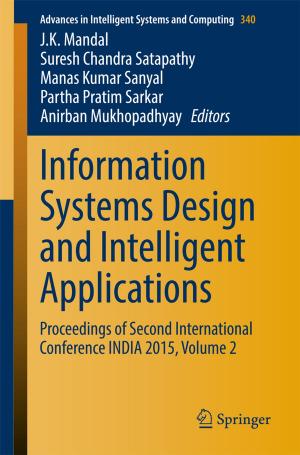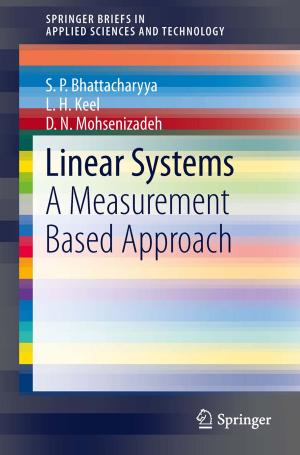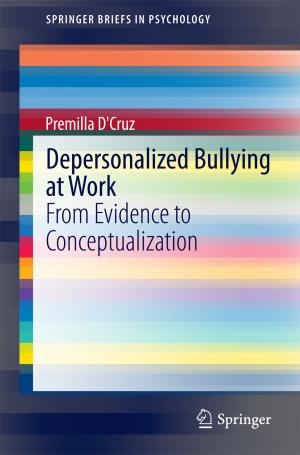Posterior Capsular Rent
Genesis and Management
Nonfiction, Health & Well Being, Medical, Specialties, Ophthalmology, Surgery| Author: | ISBN: | 9788132235866 | |
| Publisher: | Springer India | Publication: | February 24, 2017 |
| Imprint: | Springer | Language: | English |
| Author: | |
| ISBN: | 9788132235866 |
| Publisher: | Springer India |
| Publication: | February 24, 2017 |
| Imprint: | Springer |
| Language: | English |
This book deals with a potentially sight threatening complication - rupture of the posterior capsule – during cataract surgery. This handbook covers the management of this problem from 3 perspectives:
1.Identifying patients at higher risk and measures to manage such patients by surgical discipline
2.Intraoperative management of posterior capsular rupture (PCR) to minimize long-term complications
3.Post-operative care for a patient who has a PCR
Cataract surgery is the most commonly performed surgical procedure in ophthalmology and despite tremendous technical and technological advancements, PCR still occurs. PCR occurs both in the hands of experienced senior surgeons and the neophyte surgeons, although with a higher frequency in the latter group. Additionally, certain types of cataracts are prone to this development. If managed properly in a timely manner the eventual outcome may be no different from that of an uncomplicated case. However, improper management may lead on to serious complications with a higher incidence of permanent visual disability.
Written for experienced and not-so-experienced eye surgeons alike to understand and manage PCR.
This book deals with a potentially sight threatening complication - rupture of the posterior capsule – during cataract surgery. This handbook covers the management of this problem from 3 perspectives:
1.Identifying patients at higher risk and measures to manage such patients by surgical discipline
2.Intraoperative management of posterior capsular rupture (PCR) to minimize long-term complications
3.Post-operative care for a patient who has a PCR
Cataract surgery is the most commonly performed surgical procedure in ophthalmology and despite tremendous technical and technological advancements, PCR still occurs. PCR occurs both in the hands of experienced senior surgeons and the neophyte surgeons, although with a higher frequency in the latter group. Additionally, certain types of cataracts are prone to this development. If managed properly in a timely manner the eventual outcome may be no different from that of an uncomplicated case. However, improper management may lead on to serious complications with a higher incidence of permanent visual disability.
Written for experienced and not-so-experienced eye surgeons alike to understand and manage PCR.















